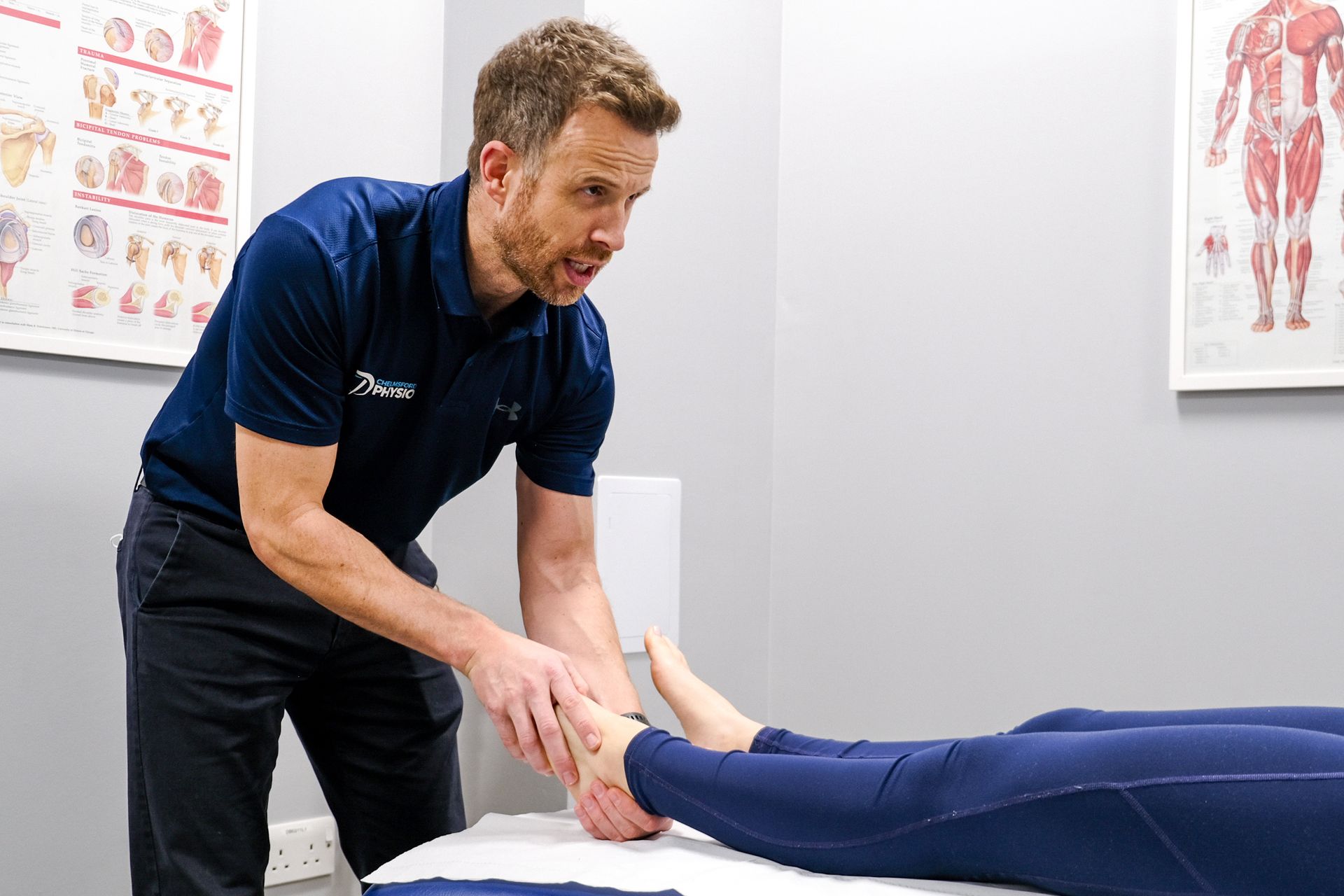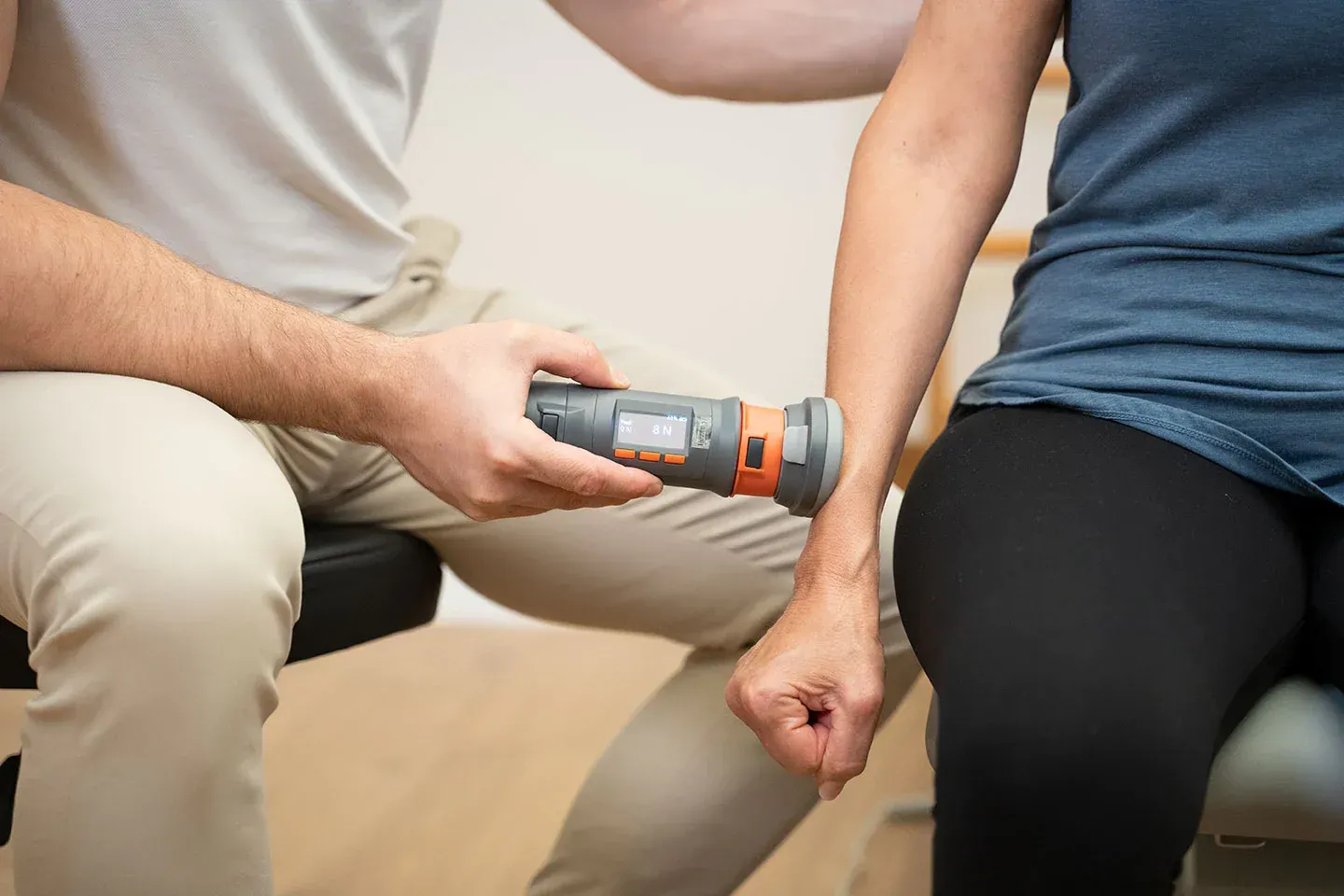What is Shockwave Therapy?
Shockwave Therapy has become increasingly popular in physiotherapy clinics due to its clinical effectiveness in successfully treating a variety of musculoskeletal conditions.
Acoustic waves are delivered to targeted areas of the body, stimulating natural healing processes to reduce pain and improve tissue healing & function.
Shockwave therapy has been used to treat plantar fasciitis, Achilles tendinopathy, patellar tendinopathy, gluteal tendinopathy, and lateral epicondylitis (tennis elbow). It is typically administered in 3 sessions of 10-20 minutes each.

Shockwave therapy has been shown to be very effective in the treatment of chronic tendon pain. A study by Rompe et al. (2008) found that patients who received shockwave therapy had a significant reduction in pain and an improvement in function compared to those who received a placebo treatment. Wang et al. (2014) found similar results in a study of patients with patellar tendinopathy. A systematic review and meta-analysis of randomised controlled trials by van der Worp et al. (2013) found that shockwave therapy was effective for the treatment of patellar tendinopathy, Achilles tendinopathy, and lateral epicondylitis.
The exact mechanism of action of shockwave therapy is not fully understood, but it is thought to work by stimulating natural healing processes, increasing blood flow, and promoting the release of growth factors. These effects can lead to improved tissue healing and regeneration, ultimately reducing pain and improving function.
Several further studies have investigated the effectiveness of shockwave therapy for various musculoskeletal conditions. A systematic review and meta-analysis of randomised controlled trials found that shockwave therapy was effective for treating plantar fasciitis, Achilles tendinopathy, and lateral epicondylitis (Buchbinder et al., 2018). Another systematic review and meta-analysis found that shockwave therapy was effective for treating patellar tendinopathy (van der Worp et al., 2013).

Shockwave therapy is generally considered safe, but some potential mild side effects have been reported, including bruising, swelling, and temporary pain or discomfort. Patients with certain medical conditions, such as pregnancy, cancer, and pacemakers, may not be suitable candidates for this treatment.
Overall, shockwave therapy is an excellent treatment modality in combination with an exercise program for chronic tendon pain.
In conclusion, shockwave therapy is a non-invasive treatment modality that has shown excellent results for the treatment of various musculoskeletal conditions. Further research is needed to fully understand the mechanism of action and to optimise treatment protocols.
Chelmsford Physio
Riverside Leisure Centre, Victoria Rd, Chelmsford CM1 1FG



